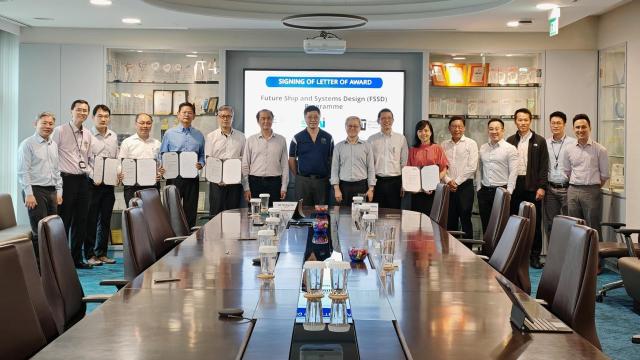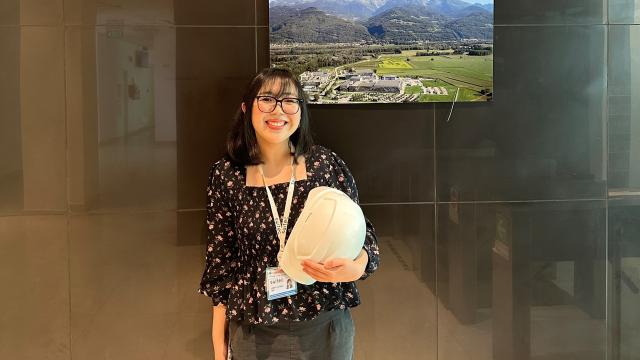
While most people would be content with having just one university degree, Sarah Tan wanted two. Having graduated and worked for nearly six years at Singapore Airlines, she was itching for the classroom again.
But not everyone was thrilled. Her parents were worried that leaving a stable job would mean having to restart her life from scratch. In an increasingly uncertain economic climate, they wondered if a risk like this was worth it.
“They felt that my previous job was comfortable and it had a lot of professional benefits. They couldn’t understand why I would want to leave it and go into the unknown,” said the 30-year-old.
She had her heart set on being a physiotherapist and reading the Allied Health programmes at the Singapore Institute of Technology (SIT), the only local university offering such classes at the tertiary level.
“Given the government’s emphasis on strengthening the healthcare sector, I knew that this would be a good decision in the long run,” said the former national cyclist and sports junkie.
“Seeing, first-hand, how physiotherapy had helped athletes and their recovery process made me realise the integral role that physiotherapists could play in nurturing athletes. I was ready to take the leap.”
It helps that she could sign up for the Professional Conversion Programme (PCP) grant which supports mid-career Singaporeans in acquiring new skills in high-potential sectors. This allowed her to receive full funding for her tuition fees, a monthly allowance during the training period, and even a job placement after she graduates.
It not only reassured herself that she was on the right path, but it was also a soothing balm for her edgy parents.
Experienced educators
Sarah’s conviction to return to school was further boosted when she found out that SIT has educators with industry experience.
For instance, her lecturer, Ms Yeo Hwee Koon, is also a Senior Sport and Exercise physiotherapist at the Singapore Sport Institute. From the latest on-field technologies to industry developments, Ms Yeo’s lessons are often spiced up with anecdotes of her work on the ground.
“Listening to her first-hand experiences about how she manages athletes is enlightening, and seeing how passionate she is about helping athletes has been inspiring.”
Having engaging classroom experiences has helped too. For example, as part of the Anatomy and Physiology module, she and her classmates had to observe a live dissection of a cadaver, a session she described as intense but intriguing.
“Very often, we observe the human body without truly understanding what goes on inside, beneath the surface,” she said.
“(The dissection) opened my eyes to a different perspective and a different view of the human body.”
The art of reinvention
Joining the university’s SITizen Ambassador programme adds another dimension to her student life.
As a SITizen Ambassador, Sarah had the opportunity to engage with experienced professionals from different nursing homes and health sciences organisations through an industry networking event that she helped organised — an experience that honed her project management and communication skills.
For Sarah, being able to work hand-in-hand with the school committee on major projects has allowed her to grow both as a student and an individual.
Instead of a top-down approach, engaging in a two-way collaboration with SIT has given her the chance to make key decisions and take on leadership roles.
“I thought the way SIT worked with students was meaningful. As ambassadors, we became the students’ mouthpiece. They sought our inputs on how the university could improve our learning journey,” she said.
Her biggest takeaway over the last two years is to be adaptable.
“We have to constantly unlearn and relearn. It might seem very hard to do that, but we all have to unlearn what we have been taught and to relearn strategies and new ways to broaden our horizons,” she said.
“That’s how we grow both in the classroom and also in life.”
![[FA] SIT One SITizen Alumni Initiative_Web banner_1244px x 688px.jpg](/sites/default/files/2024-12/%5BFA%5D%20%20SIT%20One%20SITizen%20Alumni%20Initiative_Web%20banner_1244px%20x%20688px.jpg)


